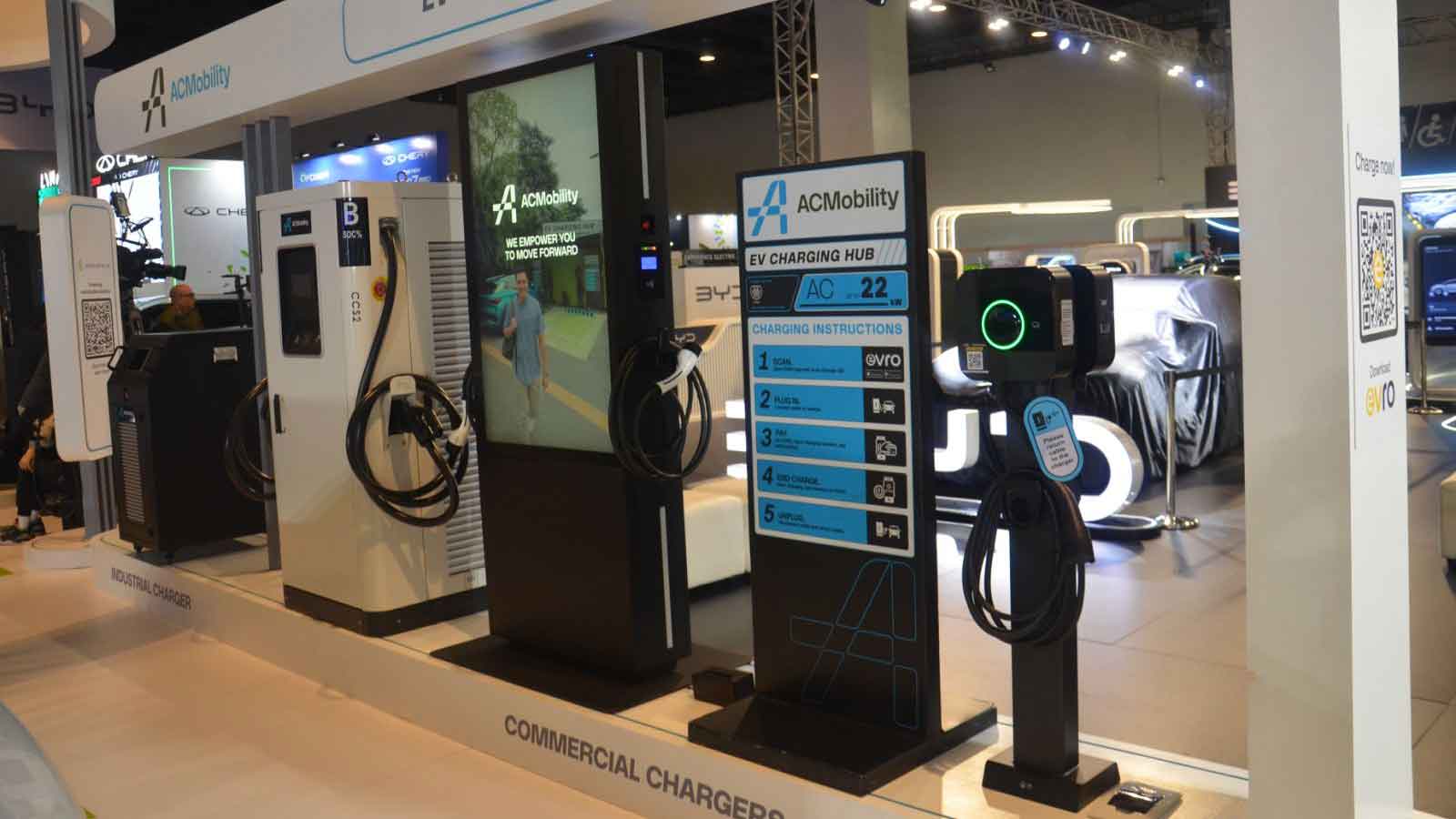At least 29,715 new energy vehicles (NEVs) have been sold from January to June 2025, indicating an unstoppable shift to electric cars, according to an industry report.
The numbers represent a 24 percent increase over the 24,000 units in total NEV sales last year.
The full-year sales could reach 35,000 units, representing a 24 percent year-over-year increase, according to the Electric Vehicle Association of the Philippines (EVAP), citing a recent automaker’s report.
The rising trend came amid supportive government policies, consistent volatility in petrol costs, and the entry of more players, EVAP said.
“It is high time to shift to EV. There are currently more choices when it comes to EV models and brands, “EVAP president Edmund Araga said to announce the October staging of the Philippine Electric Vehicle Summit (PEVS) held in Bonifacio Global City in Taguig City on Aug. 27.
Actual sales of 4-wheeled EVs almost tripled in 2024 to 3,880 units from 1,028 units sold in 2023—a 277.5 percent spike, based on EV stakeholders’ submission compiled and released by the Department of Energy (DOE) and EVAP.
Of the three categories of EVs, battery electric vehicles (BEVs) accounted for about 75 percent, while hybrid electric vehicles (HEVs) comprised about 23 percent and plug-in hybrid vehicles (PHEVs) were at 2 percent.
Charging stations
The accelerating sales of EVs is complemented by a growing network of EV charging stations in at least key cities across the nation.
The Comprehensive Roadmap for the Electric Vehicle Industry (CREVI) aims to deploy 7,300 EV charging stations (EVCS) nationwide by 2028, from about 300 in 2023 and 992 so far this year (2025).
Industry organizations and analysts are confident that this short-term goal could still be attained with the right interventions and policies. CREVI policies are in place to meet a target of installing 20,400 EVCS by 2040, when the volume of EVs nationwide is expected to grow to 2.5 million.
Based on data from the DOE, approximately 12 percent of public charging stations are located in malls. SM Supermalls have the highest number at 69, followed by Ayala Malls with 31, Megaworld Lifestyle Malls with 5, and Robinsons Malls with 4. Most of these are in Metro Manila. Outside the capital region, there are 14 public charging stations in Cebu City, 7 in Davao, and at least one in Legazpi, Naga, and Sorsogon in the Bicol region. The rest are spread across key cities nationwide.
Growth driver
In September 2024, President Ferdinand Marcos Jr. inaugurated the country’s first lithium battery factory in Tarlac. StB Giga Factory Inc. manufactures advanced lithium-iron phosphate batteries that are used primarily in the renewable energy and EV sectors. It positioned PH as a clean energy storage manufacturer not only in the region but also globally, and is set to produce batteries that could power up to 18,000 EVs annually when it reaches full capacity in 2030.
In June this year, the Department of Trade and Industry (DTI) lodged for approval the new Electric Vehicle Incentive Strategy (EVIS). Upon approval by the Fiscal Incentives Review Board (FIRB), the new strategy could generate up to P11.4 trillion in economic output and create up to 680,000 local jobs involved in EV assembly, battery production, EVCS installation, and maintenance services. EVIS remains anchored in the Electric Vehicle Development Act (EVIDA), which has been fueling the growth of EVs since its implementation in 2022.





